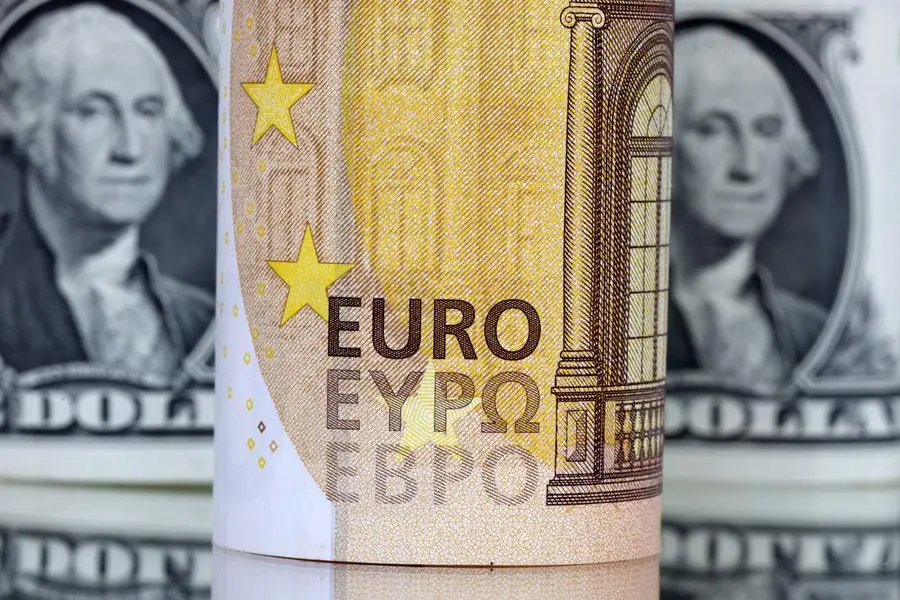PHOTO
LUANDA - Angola's central bank intends to increase its exposure to the euro because interest rates in the currency bloc have risen, a spokesperson for the Banco Nacional de Angola (BNA) said.
The European common currency is gaining popularity among central bank reserve managers around the world, thanks to a return to positive euro zone interest rates, and geopolitical factors causing managers to diversify way from the dollar.
"The BNA intends to increase its exposure to the euro, but not necessarily to the detriment of other currencies," a spokesperson told Reuters in an emailed statement, without specifying to which assets the central bank would reduce exposure.
"For a decade, the euro currency was in a negative position in terms of interest rates, but recovered as of last year, offering attractive rates," the spokesperson added. "For this reason, the BNA opted to increase investments in the euro."
Crude oil, which is traded on world markets in U.S. dollars, is the main source of foreign revenue for Angola, Africa's second largest oil exporter after Nigeria.
The move is in keeping with a broad trend. Roughly one in five of the 75 central banks surveyed by the London-based OMFIF think-tank anticipate increasing euro holdings over the next two years.
Angola's net international reserves ticked higher to stand at $14.733 billion by end-2023, equivalent to 7.5 months of import cover, according to central bank data.
(Reporting by Miguel Gomes in Luanda, writing by Alun John; Editing by Kirsten Donovan)





















